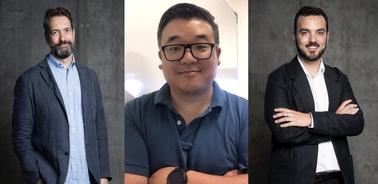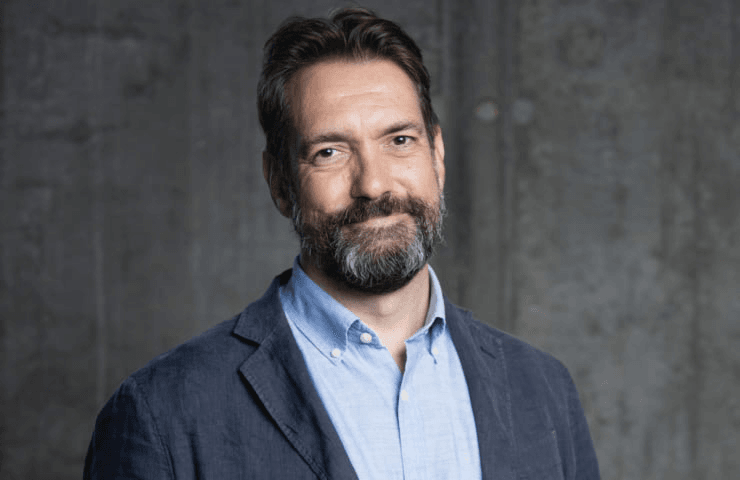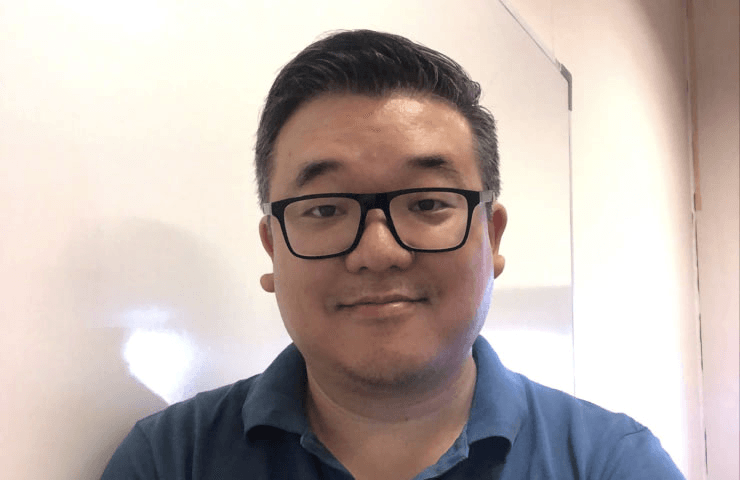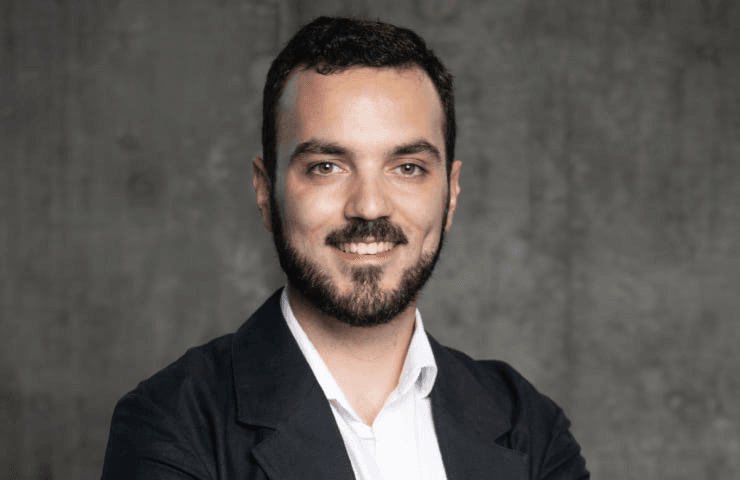Three Full-Time Professors Join IE School of Science and Technology

School of Science and Technology welcomes researchers in applied mathematics and machine learning.
IE’s School of Science and Technology welcomed three new full-time faculty members, specializing in machine learning and analytics, applied mathematics and statistical modeling. David Gómez-Ullate, Alexandre Anahory and Dae-Jin Lee each arrived at IE University from world-class institutions and are part of the school’s exponential growth and increased focus on research.
“The School of Science and Technology is growing and expanding its undergraduate STEM programs portfolio by offering a degree in applied mathematics,” explained Vice Dean Rafif Srour. “To reflect this growth, the school developed a strategy of increasing the internal faculty.”
David Gómez-Ullate
David Gómez-Ullate was drawn to IE’s School of Science and Technology by the launch of the new program in applied mathematics and saw the school's strategy to expand into STEM disciplines as “a great professional opportunity.”
He took the position of Head of Applied Mathematics but will also teach machine learning and analytics at the dual degree in Business Administration & Data and Business Analytics. Prior to this semester, Gómez-Ullate conducted research in– among other things– data science and applied machine learning at Universidad de Cádiz, where he founded and directed the UCA-Datalab.
More recently, Gómez-Ullate has been working on weather route optimization for the maritime industry, for which he is coordinating a large team of mathematicians, data scientists, engineers and software developers to build a weather routing solution.
“I am a person with an innate curiosity for new things and a willingness to keep learning,” Gómez-Ullate said.
“It is an honor to be able to contribute to this roadmap in an institution with the reputation that IE has acquired.”
Dae-Jin Lee
When Dae-Jin Lee heard about the appointment of Ikhlaq Sidhu to the position of Dean of IE’s School of Science and Technology and then read about the strategic plans in the bachelor and master degrees, he decided he wanted to be a part of the project. He will be teaching Fundamentals of Data Analysis and Computational Thinking for Data and Business Analytics at the Bachelor of Data and Business Analytics. He said he sees both subjects as an excellent opportunity to motivate the BBDA students in critical thinking based on data and algorithms.
“I would like the students to understand why, and how data analysis is so valuable in all fields of knowledge and for their future as data analytics professionals.”
With more than 10 years of experience in research in multidisciplinary research environments collaborating with economists, engineers, medical doctors, sociologists, biologists and mathematicians, Lee has participated and led research projects funded through public calls and industrial R&D&I projects. Lee specializes in Statistical Modelling, the use of mathematical models and statistical assumptions to understand the data generation process, and is interested in how models play a fundamental role in carrying out statistical inference which helps in decision-making processes and predicting possible outcomes of interest.
The professor said he thinks IE offers a great opportunity for his research as well as personal growth.
“I found IE University an open-minded environment for research in my field, Data Science and Statistics.”
Alexandre Anahory Simoes
Alexandre Anahory Simoes, professor of mathematics across all bachelor programs, said he chose to join IE’s School of Science and Technology because of the ambitious strategy that includes the launch of the Bachelor in Applied Mathematics and turning the university into a European tech center.
“In my opinion this program will eventually be the seed for the construction of a new technological hub at IE, where academia and industry can share ideas, concerns and hopefully advance in new technologies such as AI,” Anahory said.
Anahory’s research focuses mostly on mathematical methods that optimize the algorithms used by autonomous robots and vehicles. This is an important area of research because it is part of the growing effort to replicate human locomotion in robots – but the algorithms must be fast and computationally efficient if robots are to make decisions about motion in real-time while taking the minimum amount of battery.
The Portuguese researcher has worked since 2017 at Madrid’s Autonoma University, where he was a research fellow and completed his doctorate thesis on Geometric and Numerical analysis of Nonholonomic systems.
“IE is known for its innovative teaching methodologies. For me this is a unique opportunity for my professional growth as a lecturer,” Anahory said.
“I am also enthusiastic to take advantage of the close relationship between IE and industry to open new research lines able to provide solutions to real societal challenges.”


